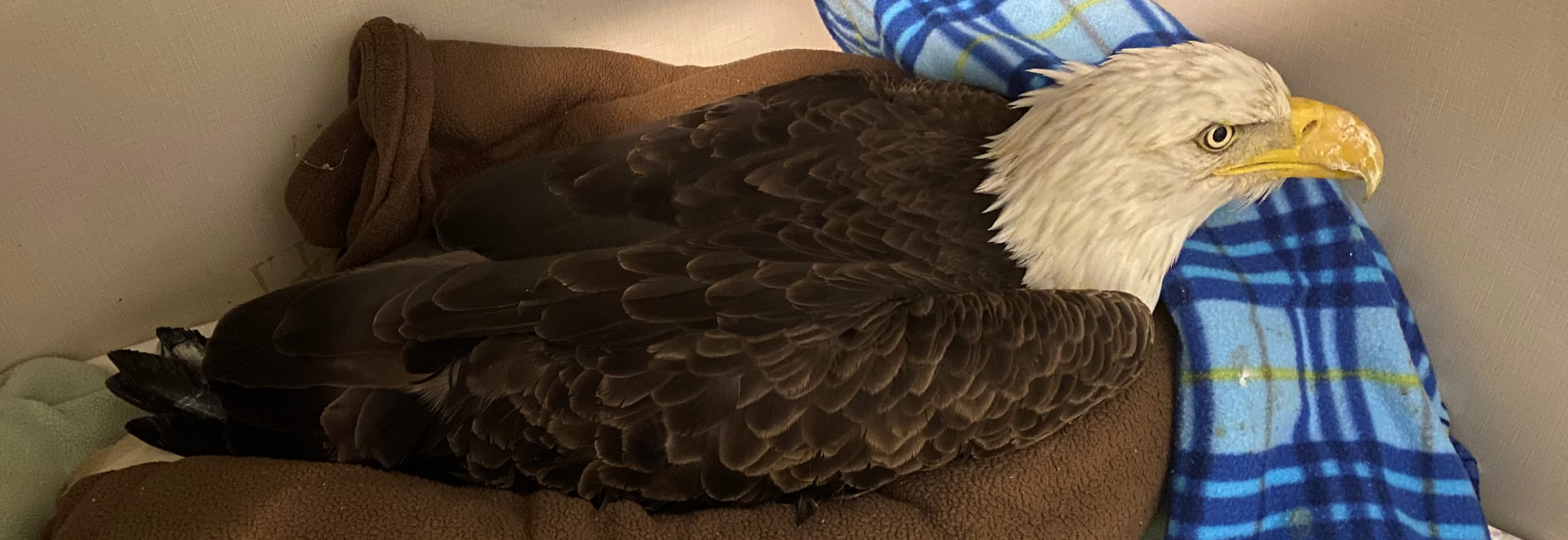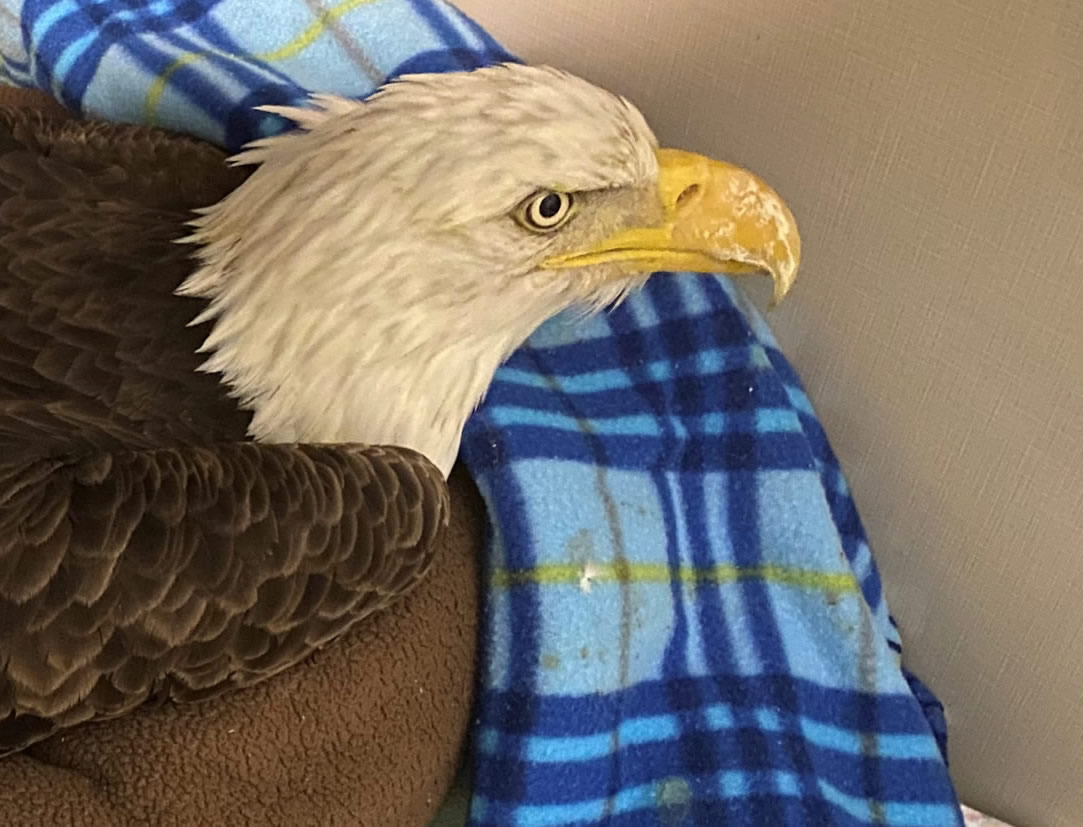

Two major scientific studies
recently demonstrated that since 1970,
50% of the world's wildlife have vanished,
including nearly 3 billion birds in
North America
recently demonstrated that since 1970,
50% of the world's wildlife have vanished,
including nearly 3 billion birds in
North America
Two major scientific studies recently demonstrated that since 1970, 50% of the world's wildlife have vanished, including nearly 3 billion birds in
North America
Second Chance Wildlife Center exists in response to this ongoing global crisis and provides a vital service to its community by:
Second Chance Wildlife Center exists in response to this ongoing global crisis and provides a vital service to its community by:
• Helping maintain balanced ecosystems – returning rehabilitated, healthy animals back to their respective roles in the wild, including breeding for species survival.
• Providing thousands of compassionate residents who come across injured, ill, and orphaned wildlife with free resources – 365 days a year – including a licensed facility to bring the animals, and expert advice over the telephone, on its website, through community presentations, and via e-mail.
• Alerting health officials and wildlife agencies when clinic staff detects possible outbreaks of diseases in wildlife – including those that also endanger humans, such as West Nile Virus, Rabies, and more.
• Assisting resource-deficient local, state, and federal wildlife agencies in the physical care, rehabilitation, and release of animals.
Each animal saved and released helps you!
Each animal saved and released helps you!
• Opossums can consume thousands of ticks in your yard, neighborhood, or favorite hiking spot, helping to prevent the spread of Lyme disease.
• Snakes are a natural form of pest control, keeping rodent populations in balance.
• Owls and hawks are also important in rodent control.
• Hummingbirds and bats play key roles in insect control and as pollinators.
• Squirrels don’t recover all of the nuts that they bury, and some of those nuts grow into trees – absorbing carbon dioxide and other gases, and providing oxygen, shade, and beauty.
• Bats eat lots of bugs, including disease-carrying mosquitos. They also eat bugs that attack crops of nuts, rice, tomatoes, and even coffee beans! Fewer bugs means less need for chemical pesticides. And, nectar-eating bats are great pollinators.
• Vultures dispose of dead animal carcasses that could otherwise become a breeding ground for diseases.
• Eastern Box Turtles are farmers, spreading seeds and tilling soil to help new plants grow.
The life of one animal can make a difference for us all, and that’s why we work to give each of them a second chance! SCWC President, Maureen Smith

